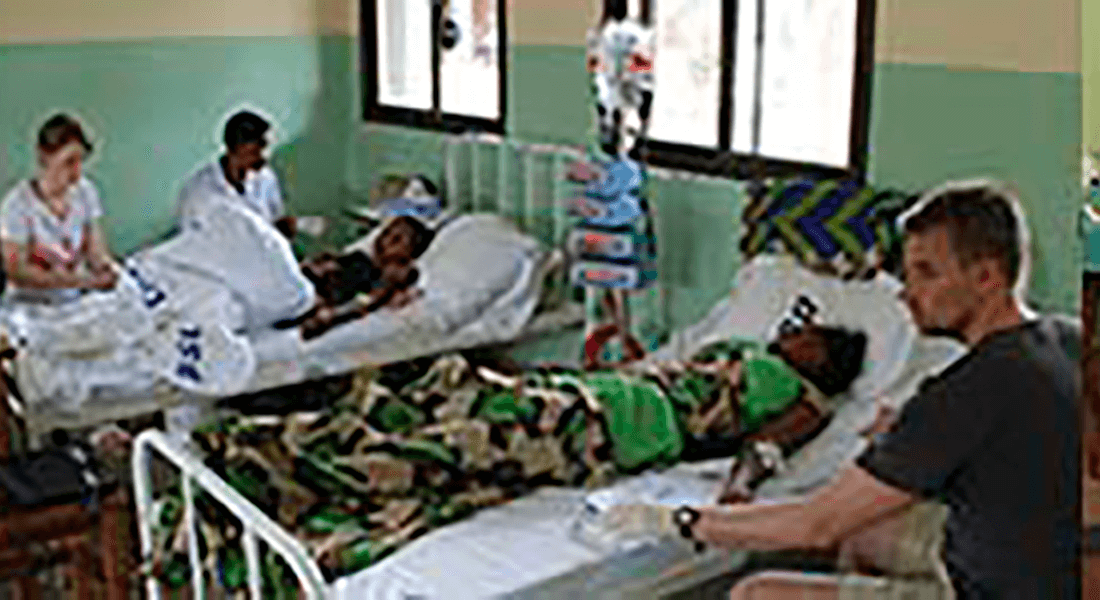The association between maternal malaria exposure and cardiometabolic risk in the offspring: a 20 year follow-up study
The objective is to determine the possible additive, detrimental effect of maternal malaria in the placenta on the offspring in regard to epigenetic changes in skeletal muscle and subsequent risk of cardiometabolic disease in adulthood.

Data were collected in 2010-11 in 100 men and women 18-22 years of age. The study is a follow-up study on a malaria in pregnancy study conducted during the period 1988-92.
The study has been supported by the Cluster of International Health Grant at University of Copenhagen, the Novo Nordisk Foundation and Brdr. Hartmann's Foundation.

Results from the study have been presented at international conferences i 2011, 2012 and 2015. As of 2021 further analyses of collected data and manuscripts are in progress.
Principal investigator
Dirk Lund Christensen, Associate Professor, Global Health Section, Department of Public Health, Faculty of Health and Medical Sciences, University of Copenhagen.
Partners
Steno Diabetes Centre, Gentofte, Denmark
Shree Hindu Mandal Hospital, Dar Es Salaam, Tanzania
Teule Hospital, Muheza, Tanzania
National Institute of Medical Research (NIMR), Tanzania
